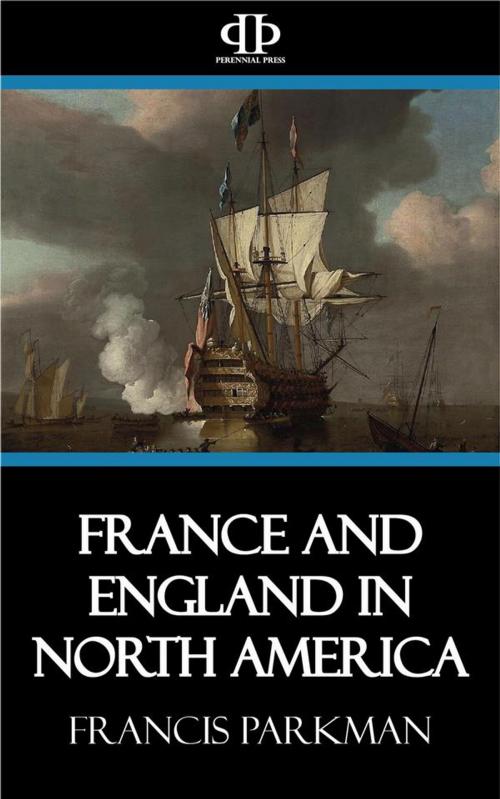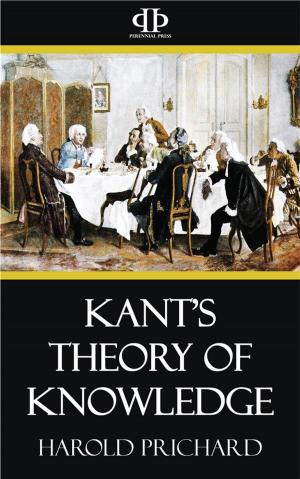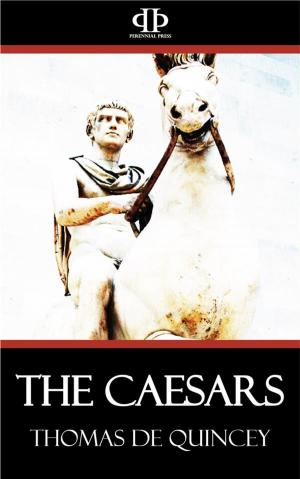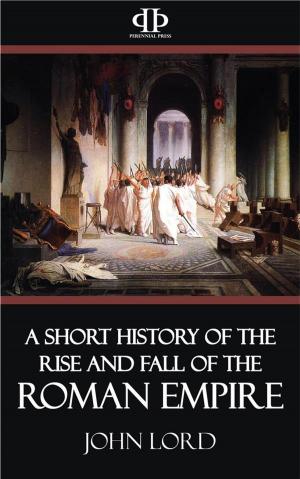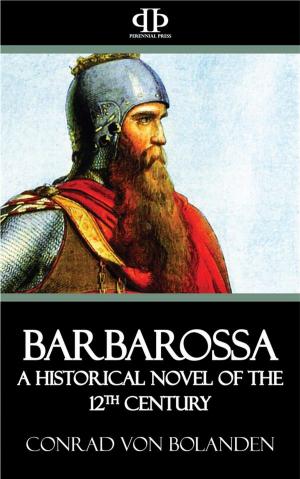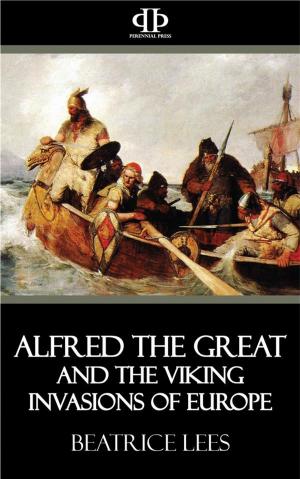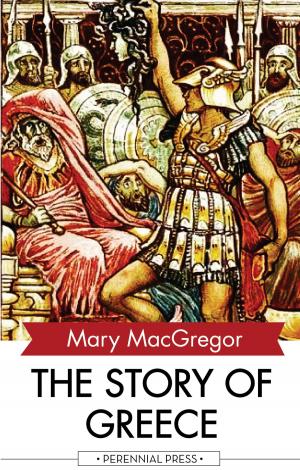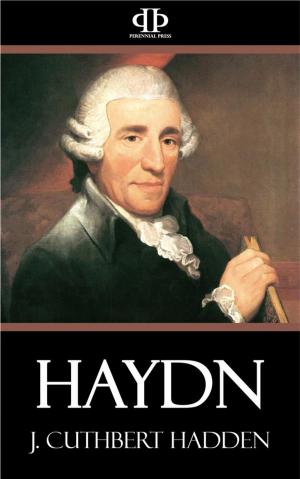| Author: | Francis Parkman | ISBN: | 9781518357398 |
| Publisher: | Perennial Press | Publication: | January 1, 2016 |
| Imprint: | Language: | English |
| Author: | Francis Parkman |
| ISBN: | 9781518357398 |
| Publisher: | Perennial Press |
| Publication: | January 1, 2016 |
| Imprint: | |
| Language: | English |
The war which in the British colonies was called Queen Anne's War, and in England the War of the Spanish Succession, was the second of a series of four conflicts which ended in giving to Great Britain a maritime and colonial preponderance over France and Spain. So far as concerns the colonies and the sea, these several wars may be regarded as a single protracted one, broken by intervals of truce. The three earlier of them, it is true, were European contests, begun and waged on European disputes. Their American part was incidental and apparently subordinate, yet it involved questions of prime importance in the history of the world.
The War of the Spanish Succession sprang from the ambition of Louis XIV. We are apt to regard the story of that gorgeous monarch as a tale that is told; but his influence shapes the life of nations to this day. At the beginning of his reign two roads lay before him, and it was a momentous question for posterity, as for his own age, which one of them he would choose,—whether he would follow the wholesome policy of his great minister Colbert, or obey his own vanity and arrogance, and plunge France into exhausting wars; whether he would hold to the principle of tolerance embodied in the Edict of Nantes, or do the work of fanaticism and priestly ambition. The one course meant prosperity, progress, and the rise of a middle class; the other meant bankruptcy and the Dragonades,—and this was the King's choice. Crushing taxation, misery, and ruin followed, till France burst out at last in a frenzy, drunk with the wild dreams of Rousseau. Then came the Terror and the Napoleonic wars, and reaction on reaction, revolution on revolution, down to our own day...
The war which in the British colonies was called Queen Anne's War, and in England the War of the Spanish Succession, was the second of a series of four conflicts which ended in giving to Great Britain a maritime and colonial preponderance over France and Spain. So far as concerns the colonies and the sea, these several wars may be regarded as a single protracted one, broken by intervals of truce. The three earlier of them, it is true, were European contests, begun and waged on European disputes. Their American part was incidental and apparently subordinate, yet it involved questions of prime importance in the history of the world.
The War of the Spanish Succession sprang from the ambition of Louis XIV. We are apt to regard the story of that gorgeous monarch as a tale that is told; but his influence shapes the life of nations to this day. At the beginning of his reign two roads lay before him, and it was a momentous question for posterity, as for his own age, which one of them he would choose,—whether he would follow the wholesome policy of his great minister Colbert, or obey his own vanity and arrogance, and plunge France into exhausting wars; whether he would hold to the principle of tolerance embodied in the Edict of Nantes, or do the work of fanaticism and priestly ambition. The one course meant prosperity, progress, and the rise of a middle class; the other meant bankruptcy and the Dragonades,—and this was the King's choice. Crushing taxation, misery, and ruin followed, till France burst out at last in a frenzy, drunk with the wild dreams of Rousseau. Then came the Terror and the Napoleonic wars, and reaction on reaction, revolution on revolution, down to our own day...
